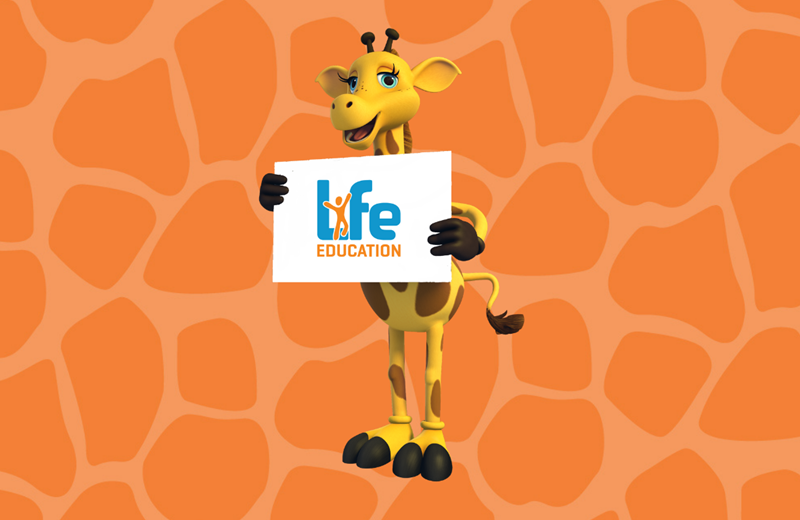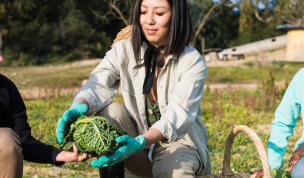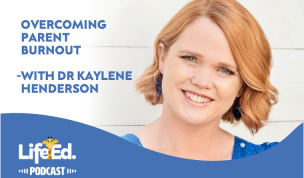Why we need to sift from blame to empowerment when it comes to bullying

In today’s world, bullying is inescapable for some kids. The tormenters can follow them home from school and right into their bedrooms – thanks to Facebook, Instagram and other apps.
Bullying is said to now affect a quarter of Australian 13-17 year-olds and we know that detrimental effects of bullying, which include depression and anxiety, can last into adulthood.
We often focus on the victim, but research has also shown bullies themselves are more likely to report negative outcomes later in life, including poorer physical health.
Bullying is a complex issue that can be challenging for both schools and parents. Let’s face it – no parent wants to hear that their child is involved in bullying, either as a victim or perpetrator.
We must take a constructive approach to the problem rather than assigning blame.
Often, young people don’t see the link between their actions and consequences.
In fact, the areas of the brain responsible for decision-making are not fully developed until early adulthood. Children and teenagers can be poor decision makers if they feel pressured, stressed, or are seeking approval from peers.
It’s vital we give young people the skills to manage conflict, to deal with social pressures and to respect their peers.
We need to go right back to the root cause of bullying – how we relate to each other and how we resolve conflict.
We can’t just block and avoid people who are causing us distress. The problem of bullying and harassment — whether online or offline — isn’t caused by social media. It’s caused by human behaviour.
Across the community, there is a need to promote tolerance and respect.
Last year, Life Ed and its mascot Healthy Harold the giraffe visited 300,000 students in NSW, teaching them about nutrition, active lifestyles, friendships, drug and alcohol prevention, and cyber-safety.
At the request of schools and parents, this year Life Ed launched a new program aimed at 10 to13 year-olds, which goes right to the heart of the bullying problem.
Relate Respect Connect aims to give young people the skills to develop respectful relationships, teaching them how to develop empathy and communicate respectfully, including how to respectfully disagree with someone.










